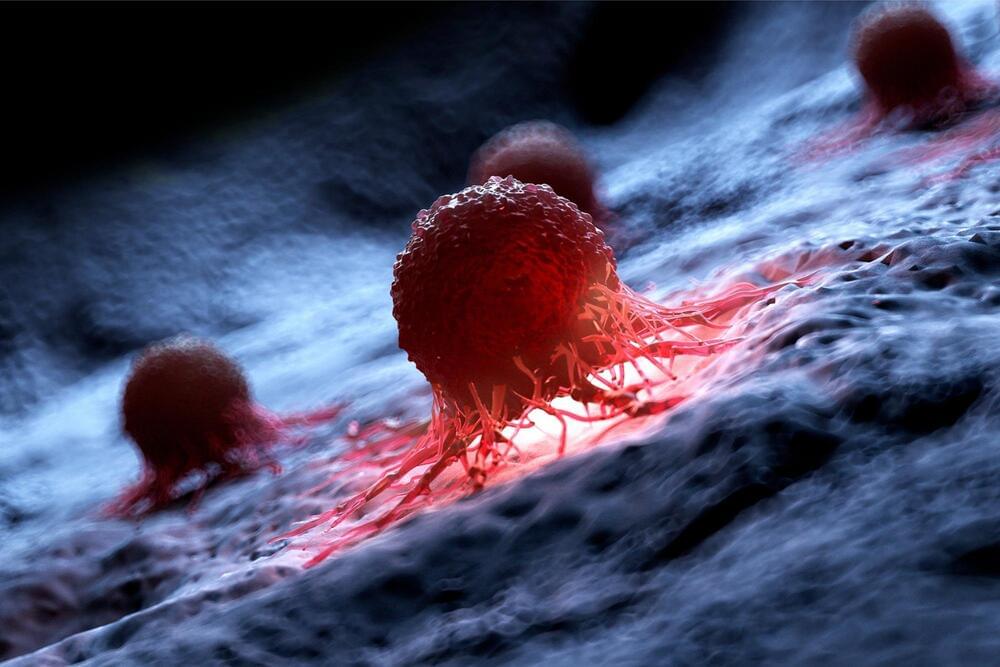This March, we, a group of educators, scientists, and psychologists started an educational non-profit (501 c3) Earthlings Hub, helping kids in refugee camps and evacuated orphanages. We are getting lots of requests for help, and are in urgent need to raise funds. If you happen to have any connections to educational and humanitarian charities, or if your universities or companies may be interested in providing some financial support to our program, we would really appreciate that! Please share with everyone who might be able to offer help or advice.
Our advisory board includes NASA astronaut Greg Chamitoff, Professor Uri Wilensky, early math educator Maria Droujkova, AI visionary Joscha Bach, and others.
Support Us The Earthlings Hub works with a fiscal sponsor Blue Marble Space. CREDIT CARD & PAYPAL Please contact us if you would like to via other means, such as checks, stocks, cryptocurrency, or using your Donor Advised Fund: [email protected]



